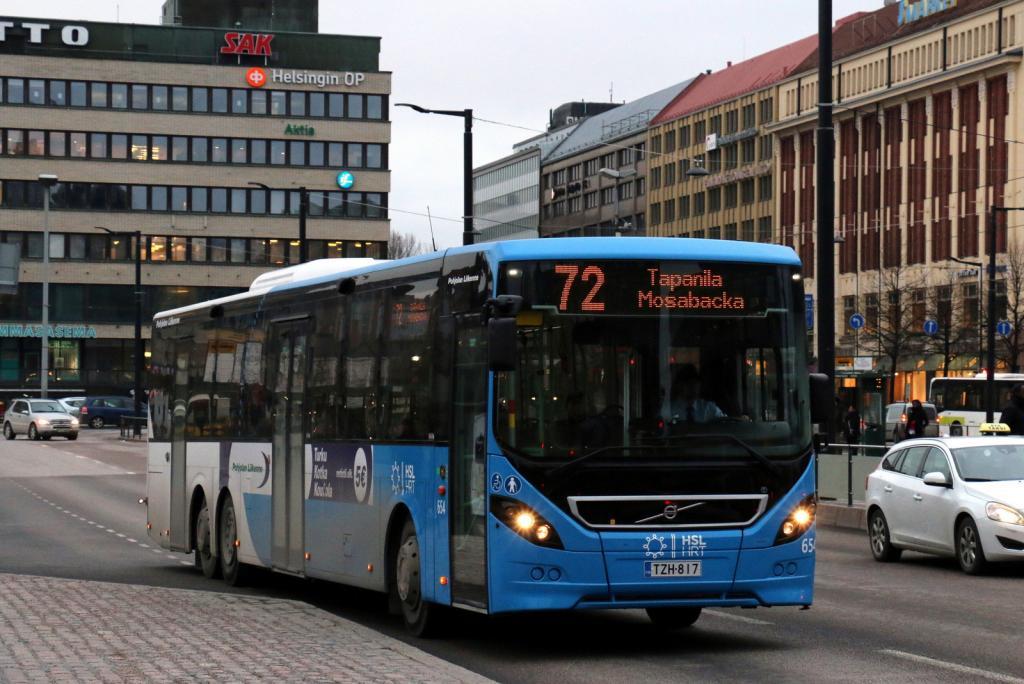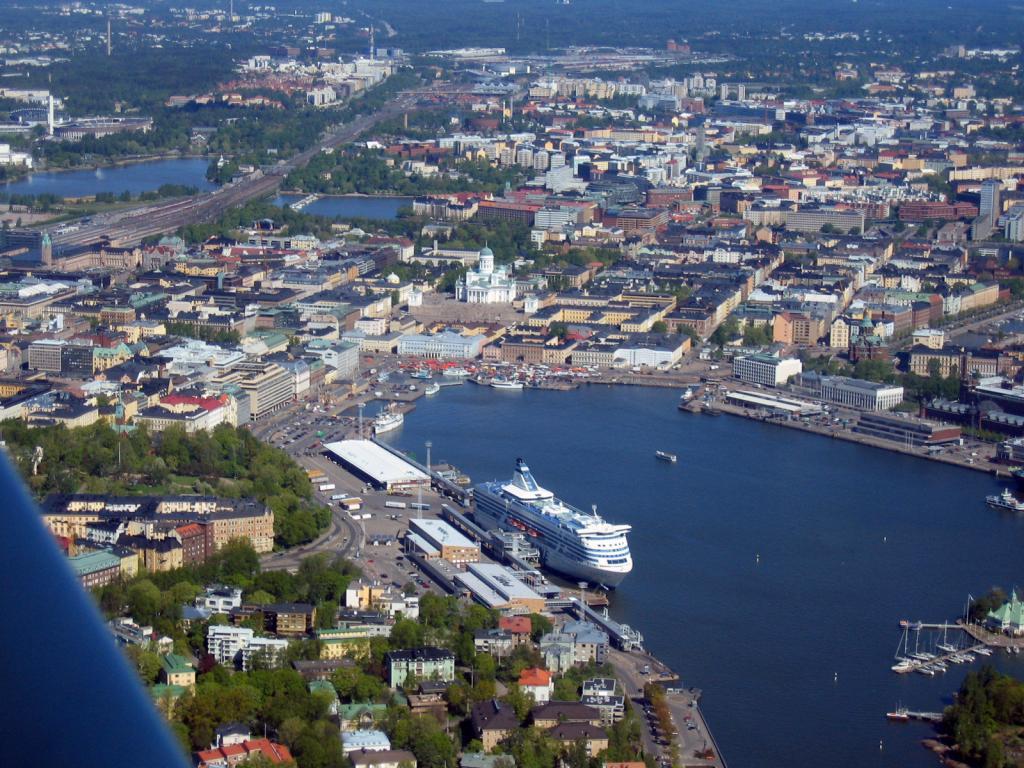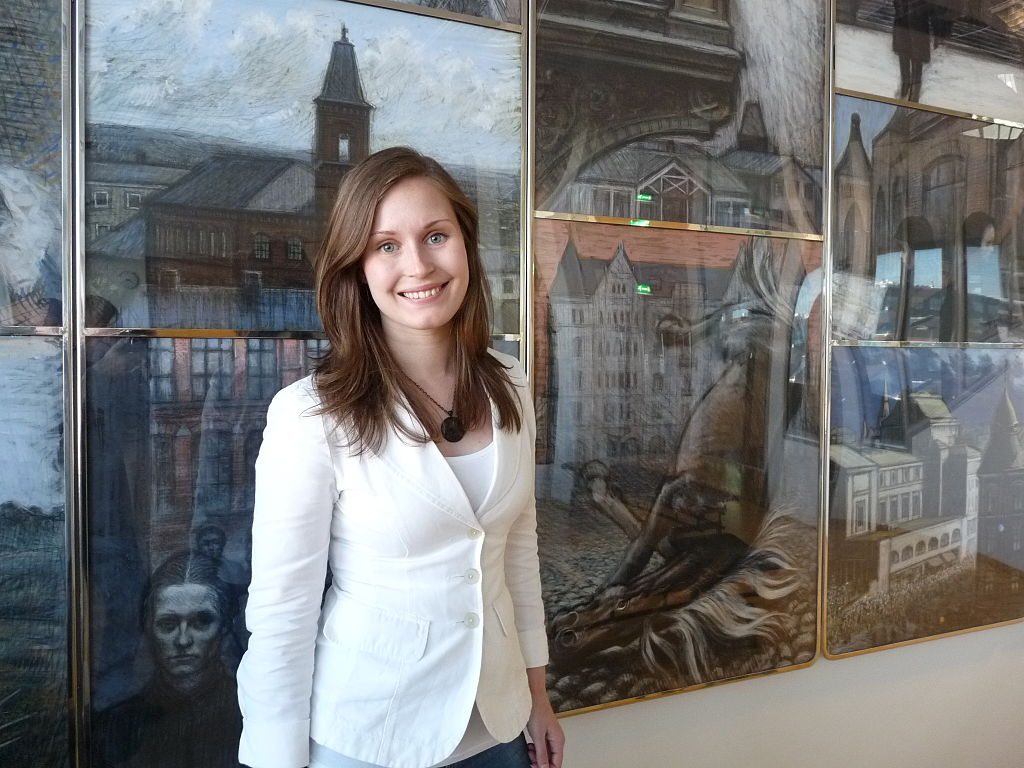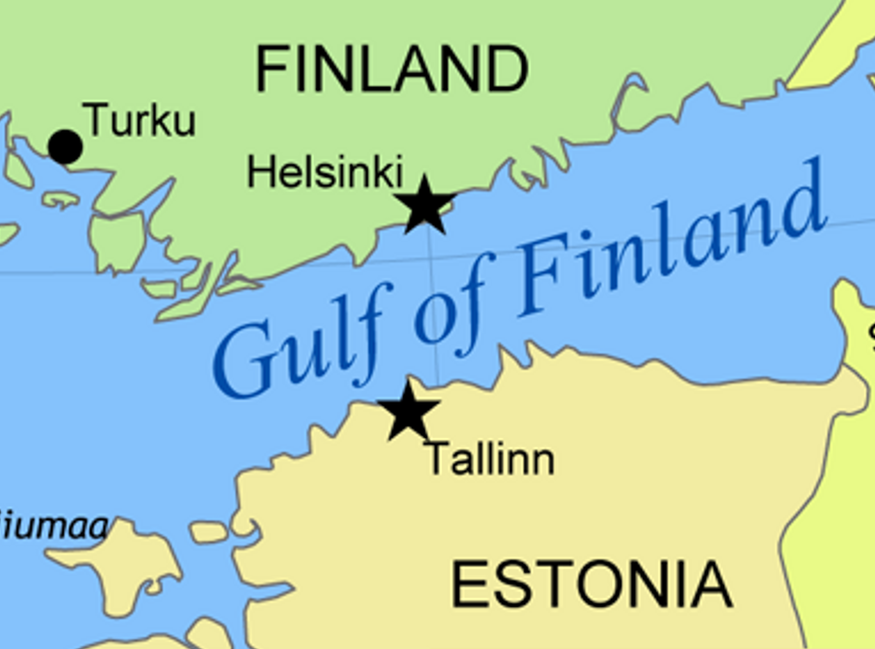The Finnish government has decided to open its borders for foreign workers from other Schengen area states from 14 May – this includes Estonians who work in Finland; the country’s borders have been closed since 19 March to help contain the spread of the novel coronavirus.
Finland also allows business trips and other necessary voyages within the Schengen area, but with strict guidelines. Personal trips and travelling for leisure reasons will not be allowed for the time being.
“Mostly what’s needed is that people could return home to Estonia from Finland and then come back. Everyone should still be voluntarily quarantined for two weeks,” the Finnish interior minister, Maria Ohisalo, on 4 May said in a press conference.

Ohisalo asserted that even though some restrictions are being lifted, the virus is still circulating and it is important for residents to act responsibly. “We no longer live in the world we used to,” she stated.
Restaurants, cafés to open on 1 June
The country is also easing some of the other restrictions it had imposed to contain the spread of the coronavirus. For example, the schools in Finland will reopen on 14 May; however, the government is recommending remote classes to continue.
From 1 June, groups of up to 50 people are allowed to gather, libraries will restart lending books and the country’s youth activity centres will open.
Finland’s cafés, restaurants and bars will also be open on 1 June, but with certain limitations that are still being worked out.

But even though the country is slowly starting to open up again, people aged 70 and over are still being recommended to avoid contact with others.
A new normal
“We understand the quarantine affects health and well-being, and it is hard not to be able to hold children in their arms. But unfortunately, the virus is still [potentially] fatal. The government cannot recommend that our elderly citizens have physical contact with others. We understand that’s not easy,” the Finnish prime minister, Sanna Marin, said.

She added that people still have more responsibility to avoid close contacts and to take care of their hygiene. “I don’t think we can return to where we were in the beginning of the year. We’re moving towards a new normal where restrictions are in effect. I would put the question to whether we’re moving towards a new normal. And the answer is, yes, we are.”
And the Finnish finance minister, Katri Kulmuni, said the “new normal” of living may last a long time, adding that if and when restrictions are further loosened, the economy could gain some momentum. She noted that the transition needs to happen gradually, to ensure that daily life in Finland is safe for its people.
For the latest developments in Estonia, follow our special blog on coronavirus.
Cover: Finland and Estonia are very close, geographically and economically.

